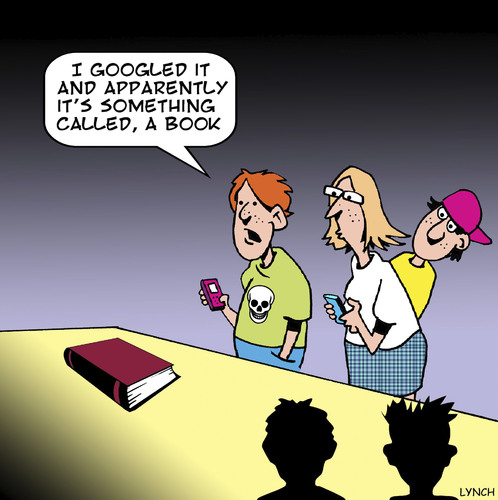
Books Plagued with Advertising Spyware
Your favorite books now get advertising spyware. A week ago, Smashwords concluded a deal to put 225,000 books on Scribd – a digital library which unveiled a reading subscription service a few months ago. Experts see it as a way to exploit reading data. For instance, Amazon and Barnes&Noble already gather vast amounts of data from their readers, but don’t use it anywhere.
The justification is that the information can help authors and publishers produce better books, but in fact the truth is more sinister. Not only will it mean that e-readers of books on makeup will see makeup adverts everywhere, but reader habits will also be closely monitored by the publishing companies. For instance, it will be noticed if you ever finished a book and lead to an obvious conclusion that some of the e-books sell better than others, or are simply more engaging. Apparently, this will force publishers to want the sorts of books that they believe people are more likely to finish. This same mentality has also plagued the ratings obsessed television industry and caused the cancellation of such great shows as Firefly and Alphas.For instance, Scribd’s early efforts showed that the longer a mystery novel is the more likely people are to jump to the end to see who did it. You can make a conclusion that if you want to write a murder mystery you just have to keep it short. Also readers are more likely to finish biographies than business titles, and will only manage to digest one chapter of a yoga book. Religious titles are read slower than romances, while erotica goes really quickly.
The researchers found out that the top book at Oyster was the one titled “What Women Want”, and appeared to be promoted as a work that “brings you inside a woman’s head so you can learn how to blow her mind”. 100% of those who start it finish it. At the same time, Arthur Schlesinger’s “The Cycles of American History” is only finished by 1% of people who start reading it. It is clear that the publisher won’t invest much in something that only a tiny percentage of readers are going to get to the end of. The same research demonstrates that books with shorter chapters do better because consumers are reading in short sessions during the day on their smartphones.












No comments:
Post a Comment